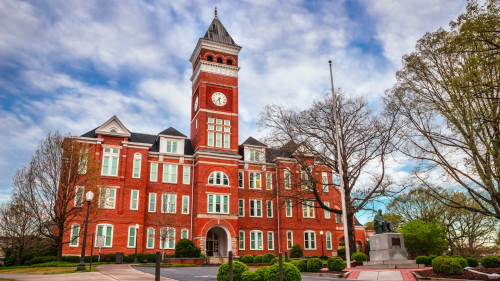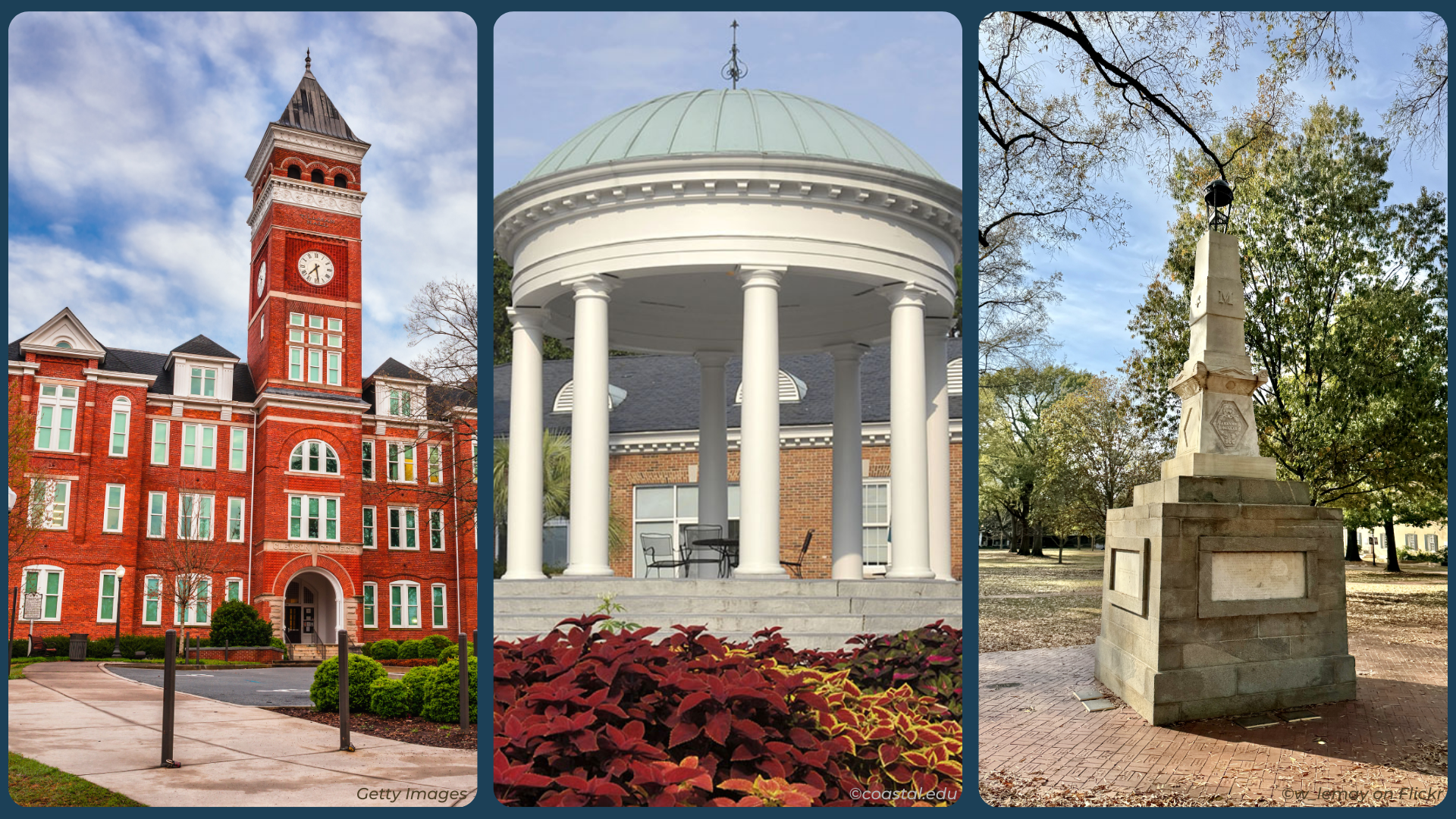SC House to State Universities: Stop DEI, Protect Free Speech!
Earlier this week, after hours of debate and over 100 amendments proposed (but with just one adopted) the South Carolina House of Representatives passed legislation banning Diversity, Equity & Inclusion (DEI) from hiring, promotion, and admissions policies in state colleges and universities. The measure also included language protecting free speech on campus. The vote on the key Second Reading was 84-30.
As a recap, here is a short history of how we got to this point on Diversity, Equity and Inclusion in South Carolina.
- During the South Carolina House’s budget process last year (2023), lawmakers began to inquire whether state universities had offices, programs and policies dedicated to the concept known as Diversity, Equity, and Inclusion (DEI), and this became a point of contention. There was mass confusion, even among administrators from the same campus. (Have you seen the famous video of the football game where one referee is signaling that the field goal was good, the other that it was a miss? If so, you have the picture.)
- The facts were hard to deny. It was discovered that in South Carolina colleges and universities, a whopping $6,107,562.87 was being spent on “salaries of offices/programs that support or are associated with what is commonly referred to as ‘DEI’ including part-time or less than full-time salaries.” Six million dollars.
What is DEI you may ask?
DEI (usually with the words stated in capital letters) was well defined in proposed legislation (S.833 filed by Greenville and Laurens County Senator Danny Verdin) as state university departments or programs that preach that:
“(1) members of one race, sex, ethnicity, color, or national origin are inherently superior to members of another race, sex, ethnicity, color, or national origin;
(2) an individual, by virtue of the race, sex, ethnicity, religion, color, or national origin of the individual, is inherently privileged, racist, sexist, contributive to any oppression, or oppressive, whether consciously or subconsciously;
(3) an individual should be discriminated against or receive adverse or favorable treatment because of the race, sex, ethnicity, religion, color, or national origin of the individual;
(4) the moral character of an individual is determined by the race, sex, ethnicity, religion, color, or national origin of the individual;
(5) an individual, by virtue of the race, sex, ethnicity, religion, color, or national origin of the individual, bears responsibility for actions committed in the past by other members of the same race, sex, ethnicity, religion, color, or national origin;
(6) meritocracy or traits such as a hard work ethic:
(a) are racist, sexist, belong to the principles of one religion; or
(b) were created by members of a particular race, sex, or religion to oppress members of another race, sex, ethnicity, color, national origin, or religion; and
(7) fault, blame, or bias should be assigned to members of a race, sex, ethnicity, religion, color, or national origin because of their race, sex, ethnicity, religion, color, or national origin.”
H.4289 that passed the South Carolina House on March 27 and 28 did not define DEI that specifically, but under it, the state’s public colleges and universities would be clearly banned from basing hiring or promotion decisions based on “an employee’s commitment to or making a declaration of personal support for or disagreement with any political ideology or movement, including a promise or statement regarding diversity, equity, inclusion, or other associated political issues.”
Universities are also enjoined from “infring[ing] on a student, faculty member, or employee’s first amendment right to free speech” and “discriminat[ing] on the basis of viewpoint discrimination.”
This legislation covers a lot of territory:
- If correctly implemented, no requirement to opine on political ideology, left or right, would be a part of an employee’s application file or his or her tenure and promotion file.
- Employees and students would have, clearly protected in state law, the right to spontaneous free speech.
- Employees and students could not be discriminated against based on the content of their speech (and presumably on the content of their opinions expressed in their academic work). As we have written about before, this is essentially the state agreeing with the Principles of Free Speech of the University of Chicago, as four South Carolina universities have already done.
This is a very common-sense piece of legislation that prohibits discrimination in higher education on the basis of speech, race, identity, or politics. Both students and employees of our state’s higher education institutions should be grateful for such codified protections.
Now, with the end of the 2023-24 legislative session looming, the ball is in the Senate’s court to protect free speech and a level playing field for all South Carolinians in our public colleges and universities.
(In another win for South Carolinians’ First Amendment rights, this week, the House also passed the South Carolina Public Expression Protection Act, which cracks down on lawsuits designed to intimidate and shut down free speech!)






